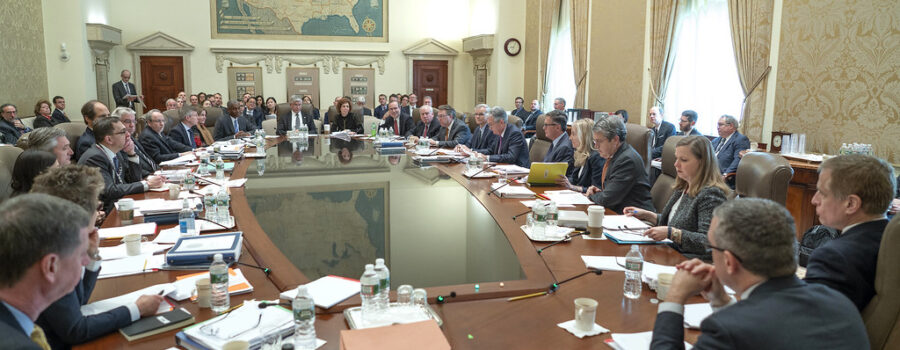Inflation has been all the talk lately from consumers who are experiencing rising costs at the grocery store and at the pump. The Federal Reserve has been holding strong saying that the inflation is transitory. From the podcasts and articles, I have listened to there are very few people who believe it is transitory. From the latest November policy meeting there may be some movement to raise interest rates earlier than expected:
In the United States, the market-implied path of the federal funds rate rose, implying an earlier date for raising the target range for the federal funds rate and a faster pace of rate hikes than was the case in September.
Source: Minutes of the Federal Open Market Committee
November 2–3, 2021
Cheap Money
Internationally we have had cheap money for quite some time now. LIBOR and SOFR are about as low as you can get. This cheap money has caused asset prices to continue to climb. So, what does a rate hike mean for asset prices? Well, we saw what happened in the stock market on Black Friday after the market read the FOMC meeting minutes: carnage. The rate hikes they are talking about are not really that large either. A rate hike of 25 basis points at a clip barely gets you to 1% if they even go through with it. If the stock market drops that dramatically off just talks of small rate hikes, then a significant rate hike, one that could potentially fight inflation could see a dramatic pullback in the stock market.

Rate Hikes
If you remember or read about inflation in the 1970’s, the interest rate got to around 20% in order to fight it off. That was when you could have bonds as a reliable part of your portfolio (60/40 strategy) and savings accounts mattered. Sometimes I think people might be stuck in the past with saving because the interest you used to earn on savings was legitimate. Now, the interest rate is close to zero, so you are losing purchasing power to inflation by leaving it in a savings account. This is causing riskier behavior in the market and might be another reason we see asset prices continue to soar.
What if we do start seeing rate hikes in 2022? Currently, the Fed has been buying $120 billion in bonds every month. They would have to taper their purchasing of assets in order to start raising interest rates or stop quantitative easing. What is the probability of this? This would rock the boat for asset prices including people’s retirement accounts. Additionally, the national debt is currently almost $29 trillion and a rate hike to 5% makes the interest payment on the debt the largest budget expense for the government. In my opinion they will continue to give inflation concerns lip service while they keep interest rates low even if they do hike just a little bit.
Effect on Real Estate
Of course, you do not see real estate prices tanking on the release of the minutes. Real estate is a slow-moving ship and takes longer to react to economic factors. A rate hike could mean trouble for real estate though. If the interest rate starts rising faster than expected which the Fed claims it will start doing, then that could negatively affect cap rates. If the 10-year treasury climbs higher, the risk-free rate of return becomes more appealing than other investments. U.S. Government bonds are considered the safest investments you can make. If interest rates do start rising it would not be surprising to see cap rates start leveling off or climbing higher. A higher cap rate means the market value of the building becomes worth less. It may be prudent to keep your eye on just how fast the rate hikes happen.
Low interest rates also provide more affordability in housing. If interest rates go up then people will be able to afford less house than they currently qualify for. This could see demand for single-family cool off because currently it is competitive for entry-level houses.
Conclusion
Investors would be wise to keep their eye on the moves the Fed makes. While they claim inflation is transitory and they can fight it, it really seems like they have backed themselves into a corner. In order to fight off inflation, interest rates would have to come up significantly. A one to two percent raise will not fight off inflation but could be upsetting for asset prices.


